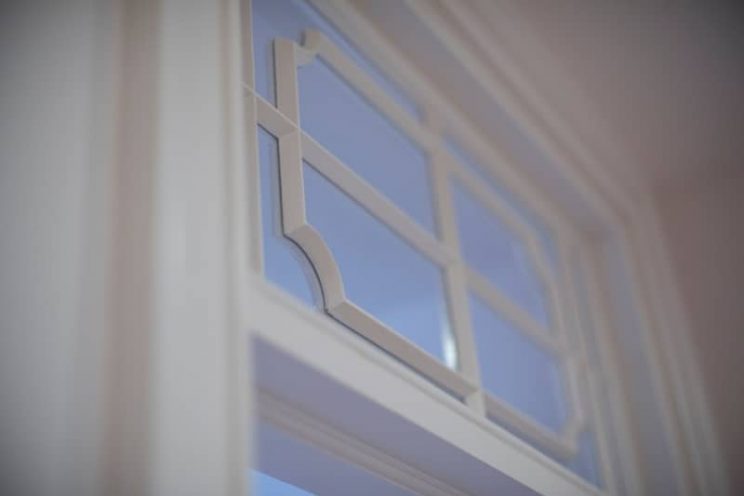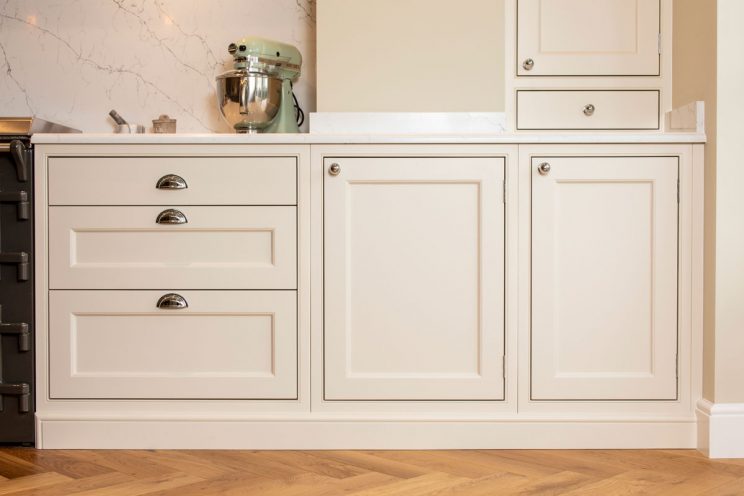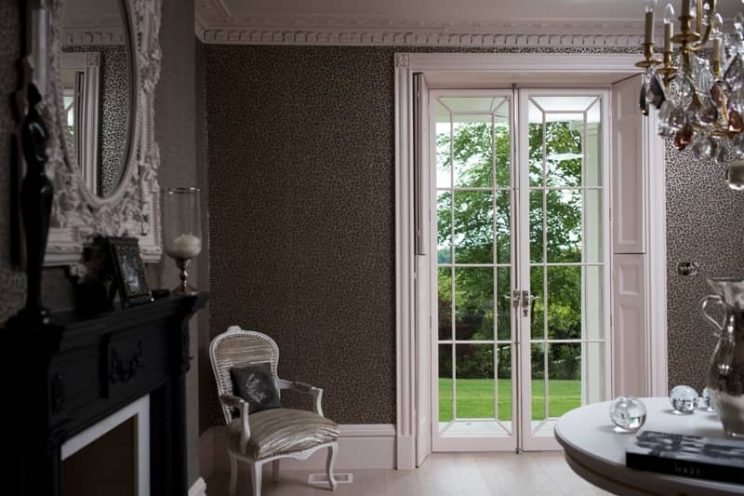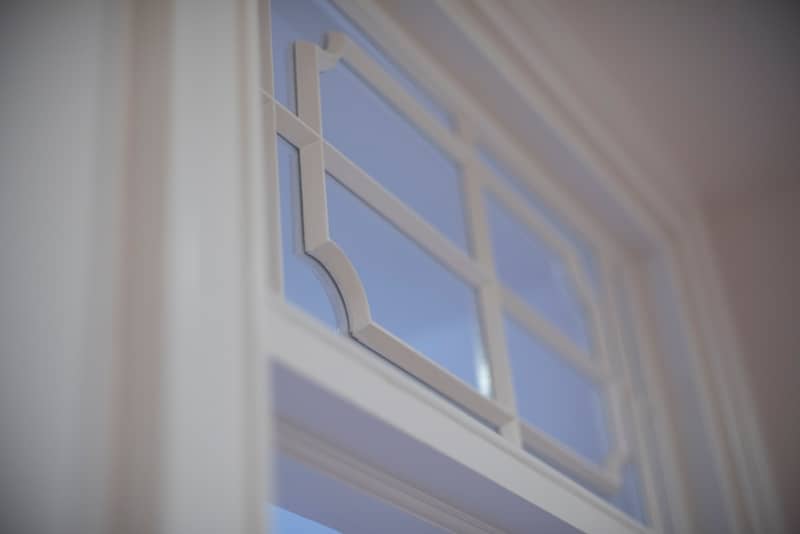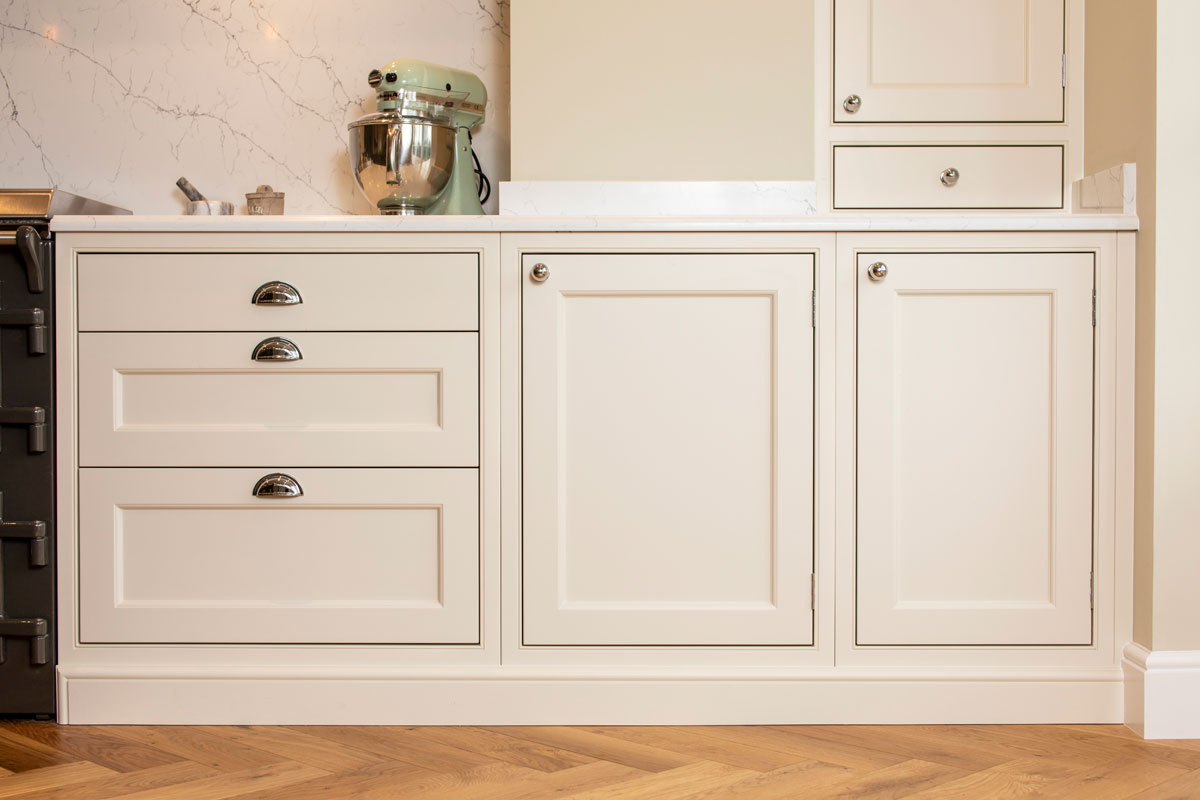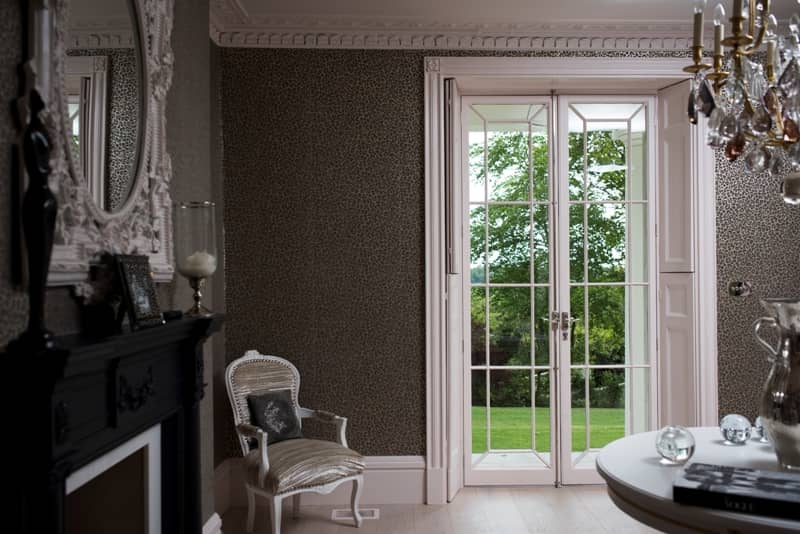Accoya®: the world’s leading long life sustainable wood
Posted by Bath Bespoke on 30 March 2017
The result of decades of research and development, Accoya® is a high performance, long life modified wood.
We use Accoya® for all external painted joinery, windows and our furniture and kitchen doors due to the exceptional stability of the timber which means the piece in question won’t shrink, twist or expand with atmospheric changes. The wood holds its shape and allows us precise fitting and detail not achievable with other timbers.
Accoya® is a modified timber in which a process called acetylation, a cutting-edge patented technology, enables it to resist rot, defy the elements and stay strong for decades. Guaranteed for 50 years above ground and 25 years in ground or freshwater, its performance and properties are remarkable.
Accoya® key features & benefits
- Consistent, measurable modification quality from surface to core
- No need to apply chemical preservatives when cut or planed
FROM SUSTAINABLE SOURCES
- From FSC® and other regionally certified woods
- Naturally renewable
- Offers improved insulation
- Indigestible to a wide range of insects, including termites
- Greatly reduced vulnerability
- The process does not compromise the wood’s strength
- Hardness is increased
- High strength to weight ratio makes it suitable for challenging applications
NON-TOXIC & RECYCLABLE
- Protects the environment from the harmful effects of common treatments
-
May be safely reused, recycled and incinerated
Read on for more information on Accoya® or get in touch to discuss if it’s suitable for your project…

How is Accoya® made?
The technology behind Accoya® is based on wood acetylation, a process that has been studied by scientists for more than 90 years. The process alters the cell structure of wood, improving its technical properties and making it much stronger and more durable.
Unmodified wood contains ‘free hydroxyl groups’ that absorb and release water as weather conditions change. This makes standard wood susceptible to expansion and contraction, particularly when used outdoors for applications such as cladding, window and door frames. The expansion and contraction of wood often leads to splitting and rotting, impacting on the service life of the timber. Hydrogen, oxygen and carbon chemicals (called acetyl groups) are created within wood after the acetylation process, changing the structure of existing free hydroxyl groups (hydrogen and oxygen). Each of these chemicals is present naturally in all woods, with acetyl created independently from acetic acid, i.e. vinegar. The process is ‘green’ meaning that the acetylation process takes effect using nothing that doesn’t occur in wood naturally.
During the Accoya® production process, the free hydroxyl groups within wood are changed into acetyl groups which reduces the ability of the wood’s cell walls to absorb water by approximately 80%. This structural change greatly improves the wood’s dimensional stability and results in a stronger, more durable wood while reducing the maintenance frequencies for coatings. The change in cell structure also means that the wood is virtually rot and insect proof. Mould and fungi do not recognise Accoya® as wood and therefore don’t attack, while the modified structure is indigestible to insects.
How does Accoya® differ from wood that has been modified in other ways?
Virtually all wood preserving treatments today work by impregnating toxic chemicals (such as arsenic, oils, ammonia or metal compounds) into the cell walls of the wood. This works to fill the voids within the wood but this doesn’t change the underlying chemistry. The toxicity of such products also have negative environmental implications during the serviceable life of the wood as well as during its disposal.
As an alternative, Accoya® alters the wood’s structure to the core, creating an inhospitable environment and helping to control unwanted organisms, such as bacteria, viruses and fungi.
The main alternative non-toxic preservative treatment to Accoya®’s acetylation is “thermal modification”, a process which works by breaking down the edible components of the wood. However, the process both discolours and weakens the wood, rendering it unsuitable for many uses. The Accoya® production process does not weaken the original wood – in fact, its hardness is slightly improved and its bending strength uncompromised. Indeed, no modification process exists which offers the performance benefits and retained physical properties of Accoya®.
How can the quality of Accoya® be guaranteed?
In contrast to other modification techniques, it is possible to measure the quality of Accoya® by determining the acetyl content of the wood, once it has been modified by measuring the percentage of acetyl groups present. Using an array of analytical techniques, Accoya®’s producers ensure that every batch is of consistent quality and reaches the highest performance standards. With such strong scientific credentials, Accoya® is guaranteed for 50 years when used above ground, and 25 year when used for below-ground applications.
How environmentally friendly is Accoya®?
Accoya® wood is non-toxic and 100% recyclable. By significantly enhancing the durability and dimensional stability of fast growing, abundantly available certified wood species, Accoya® wood provides compelling environmental advantages over scarce slow growing hardwoods, woods treated with toxic chemicals, and non-renewable carbon-intensive materials such as plastics, steel and concrete.
At the production stage, only abundantly available, and often fast-growing source species such as Radiata pine, are used to create Accoya®, safeguarding a consistent supply and preventing deforestation of tropical forests. Accoya® is made from legally harvested wood from well managed sustainable sources including FSC®, PEFCTM and other regionally certified woods. The Accoya® wood manufacturing process is non-toxic and adds nothing to the wood that does not already naturally occur in it.
Outstanding dimensional stability and improved hardness results in lower maintenance frequency (lower costs) and therefore less coating use and waste over the product’s lifetime. Additionally, Accoya®’s superior thermal insulation provides energy conservation advantages when used in applications such as window frames and doors.
Does Accoya® offer improved paintability?
Yes. Due to the improved dimensional stability of Accoya® wood and the significant reduction in swelling and shrinking, maintenance of coatings can be increased to up to two times the normal life of coatings applied to non-modified woods.
[Source: www.accoya.com/faqs/]
